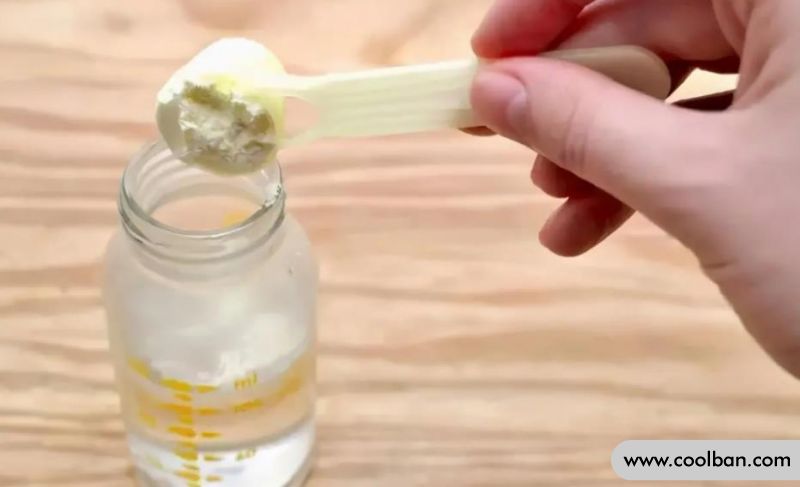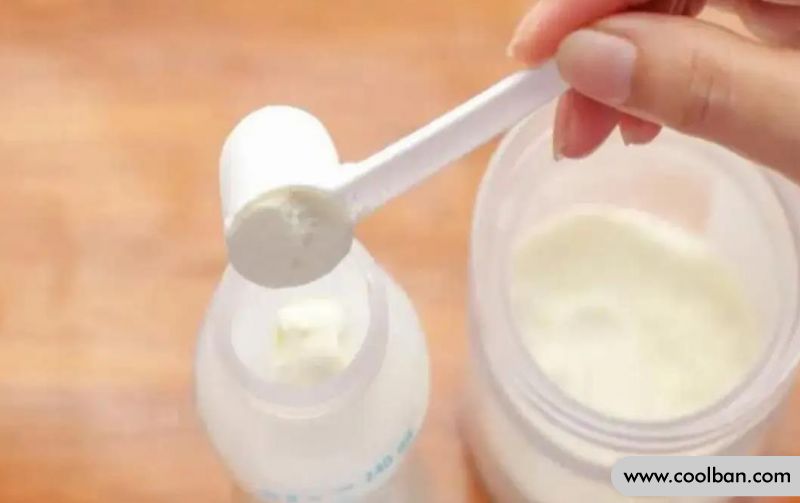What should I pay attention to when changing milk powder for my baby? How old are you to change?
Precautions for baby changing milk powder
In fact, there are still many problems that need to be paid attention to when changing milk powder for babies. Below we will introduce some points from these aspects, and tell you what precautions should be taken when changing milk powder for babies? How to make the baby better adapt to the new milk powder.
1. After changing the milk powder, the baby should have no constipation, no diarrhea, no breath, no rash, less eye mucus, normal weight and height growth, and the baby sleeps soundly and has a normal appetite.
2. Do not change milk powder when the baby is sick (cold, fever, rash, etc.) and during vaccination.
3. If the baby's stomach is more sensitive, you can take some medicines to help digestion.
4. Avoid changing milk powder with the first meal in the morning or before going to bed at night.
5. If the baby is not used to this situation, please change back to the original old milk powder, and then replace the new milk powder when the stomach and intestines return to normal.
6. Diarrhea is usually the most uncomfortable symptom caused by milk changing, but it is mostly caused by improper concentration of brewed milk powder. Therefore, when changing milk, you should also read the can label carefully.

How old can the baby be changed to milk powder
At what age can a baby switch to formula? Generally, when the baby is six months old, the baby should be changed to milk powder, and it cannot be directly changed when the baby is changed. For the sake of the baby's health, it is generally necessary to gradually add and gradually transition. In many cases, changing the baby's milk powder cannot be completely replaced immediately, because it is easy to cause adverse reactions to the baby.
The baby should change milk powder gradually, don't be too impatient, the whole process can last one to two weeks, let the baby have a process of adaptation. Parents should pay attention to observation, if the baby has no adverse reactions, you can increase the amount. If you can't adapt, you have to change slowly. In addition, the milk powder change should be carried out when the baby is healthy and normal, and there is no diarrhea, fever, cold, etc. It is best not to change the milk powder during the vaccination period. The time for the child to change milk powder first depends on the segmentation rules for milk powder selection. Different formulas have different ages and months, which should be followed, but also carefully observe the child's reaction to formula. If the child cannot tolerate it, you can return to the original milk powder to continue feeding, and then change it when it is more mature. Generally speaking, 6 months and 1 year old are the period of changing the same milk powder.

What to do if the baby changes milk powder and diarrhea
Diarrhea is common in infants due to formula changes. Many mothers do not know why the baby has diarrhea after changing milk powder. Is there a problem with the quality of the milk powder? In fact, this is not the case. Let's find out why the baby has diarrhea after changing milk powder.
The main reason for the baby to change the milk powder for diarrhea is the diarrhea caused by the baby's discomfort caused by the milk change. We all know that the formula of each brand of milk powder is different, and for babies, the intestinal absorption capacity and adaptability are very simple, and it takes time to adapt to a milk powder. After getting used to this brand of milk powder, you will habitually rely on this milk powder, and it is difficult to accept other milk powder. Diarrhea due to the inability of the intestines to adapt. That's why babies have diarrhea when changing formula. That's why babies have diarrhea when changing formula. Not because of the quality of the milk powder, but because the formula of the milk powder is different, a symptom that the baby needs to adapt to.
When changing milk powder for babies, it is recommended that mothers do not change milk powder frequently, and do not change formula milk powder with large differences, which will easily lead to discomfort and diarrhea in the baby. And after changing the milk powder, do not feed the baby a lot of milk at a time, but reasonably mix the old and new milk powder to give the baby a process of adaptation. During the adaptation process, the symptoms of diarrhea can also be treated in time.
